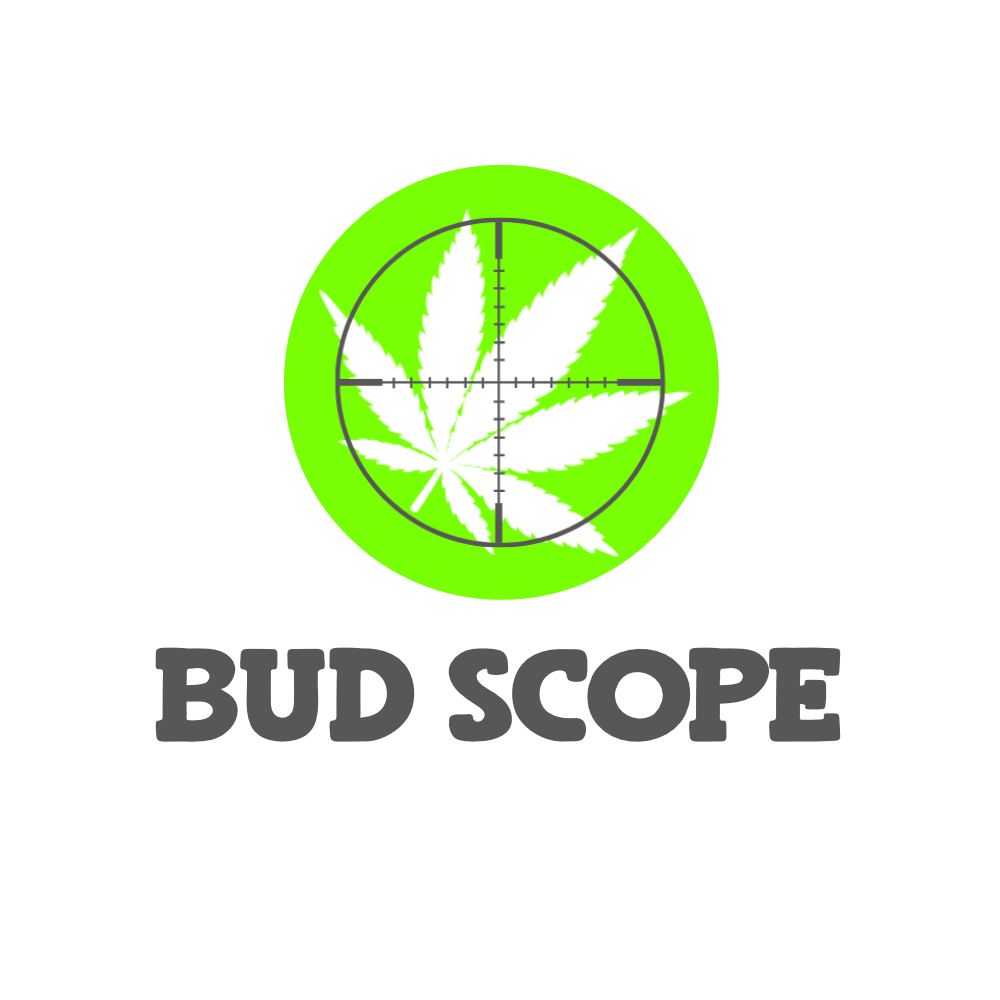Types and Effects of Drugs
- Drugs can cause changes in an organism’s physiology and psychology when consumed.
- Drugs are distinguished from food and can be consumed in various ways like inhalation, ingestion, or absorption.
- Pharmaceutical drugs are used to treat, cure, prevent diseases, or promote well-being.
- Drugs can be obtained through extraction from plants or organic synthesis.
- Psychoactive drugs include stimulants, depressants, antidepressants, anxiolytics, antipsychotics, and hallucinogens.
Medication and Regulations
- Medication is a drug taken to cure or ameliorate symptoms of an illness.
- Dispensing of medication is regulated into over-the-counter, behind-the-counter, and prescription only medicines.
- Medications are produced by pharmaceutical companies, some are patented, while others are generic drugs.
- Pharmaceutical drugs are categorized into drug classes based on chemical structure, mechanism of action, or target illness.
- Regulatory bodies like the FDA oversee the approval and monitoring of drugs.
Spiritual and Religious Use of Drugs
- Some religions are based on the use of entheogens, hallucinogens, psychedelics, or deliriants.
- Entheogens like kava, ayahuasca, and Salvia divinorum are used in religious practices.
- Peyote has been used by Native Americans as a source of psychedelic mescaline for thousands of years.
- Cannabis and psychedelic mushrooms have been used as entheogens for spiritual purposes.
- Rastafari use marijuana (ganja) in their religious ceremonies.
Smart Drugs and Designer Drugs
- Nootropics are drugs claimed to improve cognitive abilities like memory and concentration.
- Nootropics are used to enhance mood, learning, and thought processes.
- Designer drugs are synthetic substances created to mimic the effects of existing drugs.
- Modafinil is a commonly used nootropic among students.
- Psychoactive drugs can alter perception, mood, or consciousness.
Drug Abuse and Control
- Drugs can have harmful effects on both individuals and society.
- Drug abuse can lead to addiction, health problems, and social issues.
- Substance abuse impacts relationships, work performance, and mental health.
- Governmental offices regulate drug manufacture and use.
- International treaties like the Single Convention on Narcotic Drugs control drug use.
Drug Data Sources
| Reference | URL |
|---|---|
| Glossary | https:/glossary/drug |
| Wikipedia | https://en.wikipedia.org/wiki/Drug |
| Wikidata | https://www.wikidata.org/wiki/Q8386 |
| Knowledge Graph | https://www.google.com/search?kgmid=/m/02kjb_ |
| DBPedia | http://dbpedia.org/resource/Drug |
| Product Ontology | http://www.productontology.org/id/Drug |
